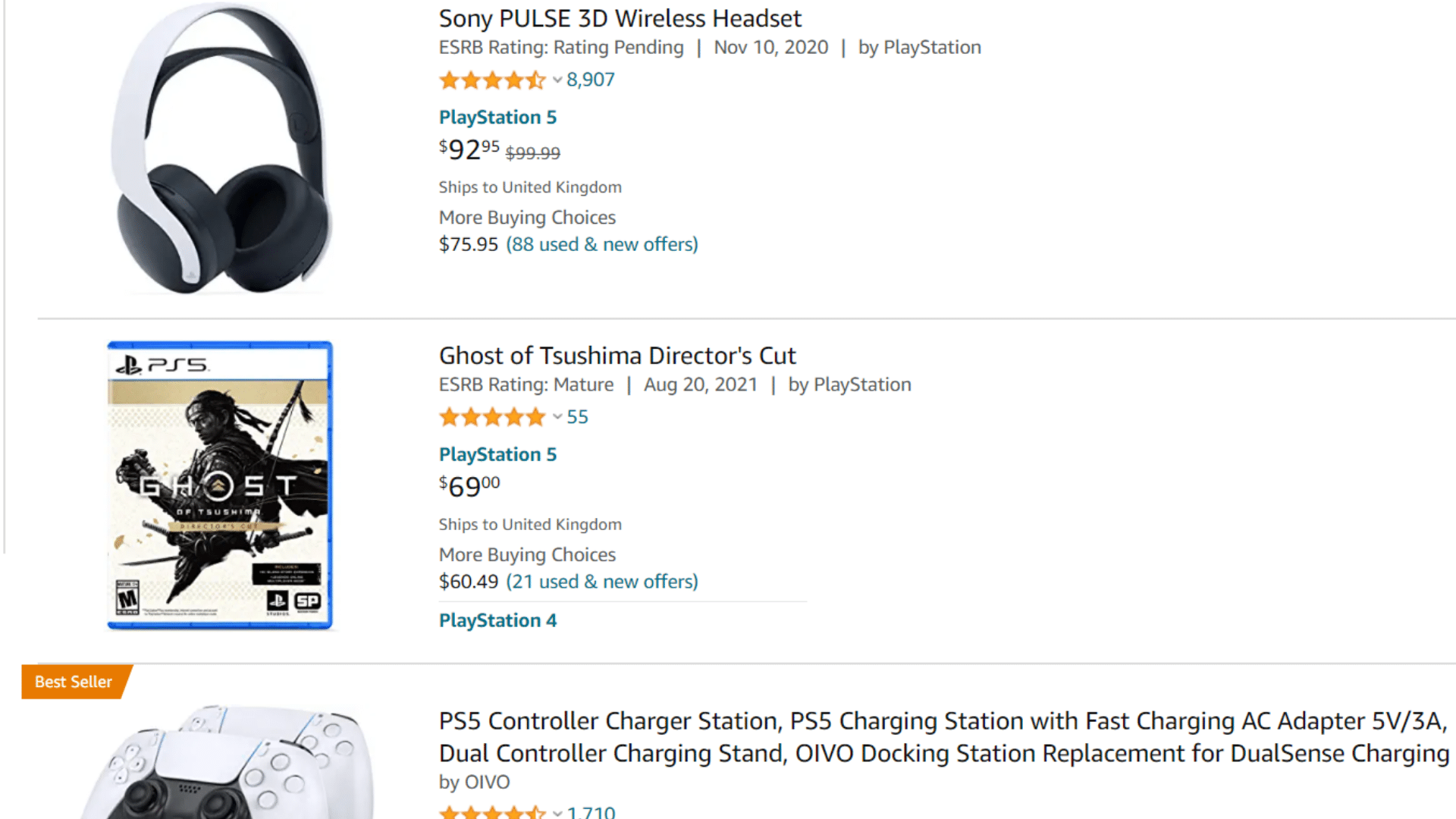Put your growth on autopilot
GrowSurf is modern referral program software that helps product and marketing teams launch an in-product customer referral program in days, not weeks. Start your free trial today.
Reviews are everywhere. They’re on almost every website you visit. They’re all over social media. They’re on the side of buses. They’re on the backs of menus. People naturally look for proof and evidence that the product or service that they’re considering has been enjoyed and suited the purposes of others in their situation. When it comes to reviews and your referral program, they will have an impact on your results. That goes for both positive and negative reviews but not necessarily how you might expect.
Reviews are powerful. They are a straight look into your business, a buyer’s experience, and customer satisfaction. Many business owners genuinely try and avoid them, especially those on third-party websites that open-source reviews from the public (often without proof of purchase). There are many instances where stories have been told of business owners coming under fire from fake reviews trying to negatively affect their ratings and their search engine rankings. Sometimes even from competitors.
They might cause headaches and they might take up some administrative time, but there’s no disputing that reviews are important to a business’s success. People place a great level of importance on user reviews when contemplating whether to make a purchase or not.

In their recent local consumer survey, BrightLocal found that, “87% of consumers read online reviews for local businesses in 2020 - up from 81% in 2019." That stat becomes even more compelling when you factor in that, “Only 48% of consumers would consider using a business with fewer than 4 stars” and “73% of consumers only pay attention to reviews written in the last month”. People and potential customers are not only reading reviews but are actively having their decision-making process heavily influenced by the reviews that they read, especially those reviews that have been left recently.
As is often the case when considering the online purchasing world, we turn to the behemoth Amazon to understand how reviews affect buying decisions. Most customers will visit a product page and then immediately scroll to the reviews section to see what other real people thought about it. But even before then, customers are persuaded to click onto a product by visual star rating and the number of reviews clues.
Amazon takes it a step further and has tried to fight against the phenomenon of fake reviews by including a Verified Purchase tag when a customer’s account has actually purchased the product in question, furthermore, they’ve added photos and videos to push the proof and evidence even more.
An important question to ask is, why do reviews have such power over people? The core reason is the fact that reviews are often the best way for customers to obtain social proof. Social proof was a term first investigated by Dr Robert Cialdini when he was creating his Principles of Persuasion. He found that people naturally want to be part of something that they can see others are part of. We all want to be part of something bigger. In a product sense, we don’t want to be seen as someone who has bought the wrong product, nor do we want an inferior one, therefore we tend to follow the herd.
When considering reviews there are two main factors that users take into consideration. First, they look at the quality of the reviews, i.e. are they at least 4 stars or more. Anything lower than this is usually not given the time of day. Second, they look into the number of reviews. If a company or a product has a high rating and has a high number of reviews, by the law of averages it is implied that the product is rating well.
Sign up for a free trial of GrowSurf to lower your customer acquisition costs, increase customer loyalty, and save gobs of time.

We’ve established that reviews are important during the customer buying process, but the power of reviews goes beyond leveraging social proof and instilling buyer confidence. In order to make use of these and the following benefits, you will, of course, need to have reviews. There is no shame in asking your customers, but it isn’t recommended to offer incentives in exchange for positive reviews. This can delegitimize the review and lead people to think that they’re not reading the truth.

Google is, first and foremost, a customer service tool. At Google they want to offer an efficient and accurate service, therefore if someone searches for “ best referral software ” Google wants to be seen to be offering the best-rated service. They look at review sites, collate responses, and rank accordingly. In fact, if you consider the local map pack results, reviews influenced just over 15% of the ranking factor.
When a bad review lands in your inbox it can ruin your day, after all, you want happy customers, not ones who will openly tell others about their negative experiences with your business. The key is to not panic. Don’t immediately reply if you’re feeling angry, that’s for sure. The best option is to take 5 and consider your response. BrightLocal found that a, genuinely surprising, 89% of customers read a response to a negative review.
Take the opportunity to outwardly show that you care, you are willing to help make it right, and that you are going to try and learn from their negative experience. This goes a long way and people can be forgiving in these situations. In fact, some people take this as such a positive that they are willing to give you a go.
Fake reviews can be handled in a similar way. Keep it professional when responding to one and simply state that you believe this review to be fake and that the person in question has had no legitimate experience with you.
Part of your social media marketing campaign should definitely include quotes and examples of great customer reviews. They might not be your highest engagement posts but if customers are regularly engaged with your campaigns then they will be seeing these posts too. Naturally, this raises your brand awareness too. The same goes for if you are running a paid advertising campaign, especially ads where you can use visual media.
We already know that reviews are a major part of the customer experience and their buying signals. But can reviews actively drive conversions and if so, how can that be implemented? When considering a typical eCommerce website there are various opportunities to leverage reviews and encourage further conversions.
It might sound, well, obvious, but making your reviews easy to access and presented in a way that people can get a feel for the rating in just a glance takes some consideration. This extends beyond the actual product page itself. When searching through a list of products many customers are actively looking for star ratings before even clicking on a product. From a conversion perspective, that star rating will likely entice them onto the product page thus increasing conversion opportunities.

There is a small trap that many small businesses fall into where they will host their own reviews on their own websites, typically on a slider. Whilst aesthetically pleasing, this doesn’t make for the best user experience. Instead, reviews should be easily sortable and filterable depending on the star rating, date written, and other factors. Customers will often like to look at the good, the bad, and the ugly when it comes to reviews, therefore be sure to facilitate this for them. If you’re in a position where you’re actively trying to hide reviews, then there are bigger problems to deal with.
Customers are usually short on time and want answers quickly. The average customer spends mere minutes on a website. If you’re able to collate reviews, especially those from external platforms, onto your site then you’re saving them a job of looking elsewhere. Plus if they go looking on external sites then there’s a chance that they won’t come back. There are many plugins and embeddable widgets that allow you to host or at least link to review sites such as TrustPilot and Google.
At the start of this piece, we explored the concept of social proof, where people tend to follow what others have done before in an attempt to either not lose out or not deviate too far from the norm. Essentially, we’re dealing with people avoiding FOMO.
There has, over the years, been a hefty amount of research into why social proof works for businesses looking to boost their customer base and conversions. The key is to encourage potential customers to spend some of their social currency with you and your business, essentially they are putting their reputation on the line when working with you. When looking at the work of Dr Robert Cialdini again, we can begin to see how social proof delivers.
In an experiment, two signs were placed in seemingly innocuous hotel rooms. The hotel was a standard mid-priced one in the Southwest USA. The plan was to see whether social proof could be used to influence guests to reuse their towels. The first sign read “HELP SAVE THE ENVIRONMENT. You can show your respect for nature and help save the environment by reusing your towels during your stay.” The second, “JOIN YOUR FELLOW GUESTS IN HELPING TO SAVE THE ENVIRONMENT. Almost 75% of guests who are asked to participate in our new resource savings program do help by using their towels more than once. You can join your fellow guests in this program to help save the environment by reusing your towels during your stay.”

Following the experiment it was found that only 35% participated when presented with the standard non-socially focused message. When social proof was embedded in the message, on sign 2, the participation rate increased to just short of 45%.
It is therefore likely that when presented with social proof, online consumers are likely to convert in higher numbers if they are seen to be following what others have done. An example might be the rise of the small popups seen on many booking websites such as Booking.com where the user is told “A user in xyz has just booked a stay for your dates” or “85% of rooms for your stay are booked. Book now to avoid disappointment”. These tactics lean heavily on the scarcity principle as well as social proof.
Another effective way to leverage social proof is through the use of case studies. These take reviews to another level by enabling the reader to read a story and get a real feel for what it might be like if they were one of your customers. Presenting a case study in a straight, factual way might give them a clear understanding of your process but doesn’t necessarily provoke strong feelings. Instead, you should consider getting your customers to tell their own story, in their own words, get them to explain how your product solves their pain points or problems. In this way, it is easier to relate.
The long story short is that reviews will when managed correctly, work in your favor and boost the results of services, products, and your referral program. Don’t be afraid to allow participants to review the actual referral program itself rather than just the products and services. The positive reviews will encourage participation and then your program will grow and grow.
Sign up for a free trial of GrowSurf to lower your customer acquisition costs, increase customer loyalty, and save gobs of time.


GrowSurf is modern referral program software that helps product and marketing teams launch an in-product customer referral program in days, not weeks. Start your free trial today.
Brand awareness is the differentiator that cuts through the noise of an overcrowded market. Learn how to build brand awareness like a pro with our guide.
Want more conversions from your marketing? Start using social proof today! Here are 10 examples of how you can use social proof to increase conversions.
What is social currency? In this guide, we explore the social currency definition, benefits and examples you can steal for your own brand building.